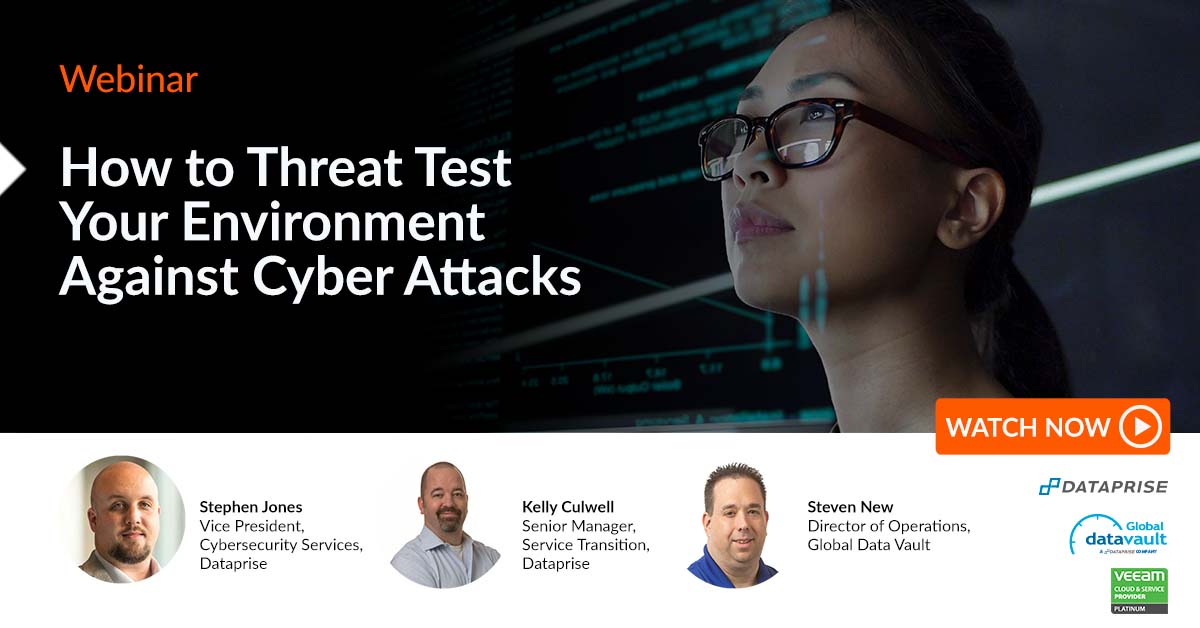Data Security
We Take Data Security SeriouslySerious About Data Security
Global Data Vault operates data centers in Dallas and Las Vegas. A private no-hop Gigabit connection between these sites provides further redundancy. Global Data Vault offers data security in full compliance with HIPAA, PCI, Sarbanes-Oxley and other stringent national data security regulations. Depending on location, security measures include, but are not limited to, the following:
Security and Access
- Biometrically controlled (finger print) physical access
- 24/7 security management
- Remote camera monitoring 24/7
- Access to equipment area 24/7 days via card key and pass code only
- Full CCTV surveillance
Power Infrastructure
- 100% generator backup
- Generator capacity 2000 KW
- 2,000 gallons sized fuel tank
- 7 day run-time fuel capacity
- UPS backup power
- 2-hour battery reserve non-redundant, 4 hours redundant
- A/B power feeds
- Grounding in accordance with NFPA 70
Environmental Controls
- Under-floor cooling provided by computer-room grade equipment
- Cooling not less than 150 BTU/h per square foot with an N+1 redundancy
- Temperature is maintained at 72 degrees F
- In the event of a power interruption HVAC systems operate on diesel generators

- 30% to 60% humidity non-condensing
Fire Detection and Suppression Systems
- Pre-action sprinkler
- Integrated smoke/heat detector system
- Under-floor leak detection system
Encryption
Communications between our servers and your systems are generally transported in a 128-bit or
 256-bit SSL (Secure Socket Layer) channel.
256-bit SSL (Secure Socket Layer) channel.
Your encrypted data stored on our servers is nothing more than a random stream of bits, to everyone except you. The encryption key used to protect your files resides only in your systems and is known only to you.
The algorithm that is used to encrypt your data is called a block cipher. It is one of the five Advanced Encryption Standard (AES) finalists chosen by National Institute of Standard and Technology (NIST). The algorithm is subjected to frequent public review and no known attack against this algorithm has ever been reported.
A 128-bit key has 2128 or around 3.4 x 1038 possible combinations. It has been calculated that a brute force attack using a 12.3 teraflop (trillions of operations/second) supercomputer would need 8.77 x 1017 years to attempt all the possible key combinations. (The earth is not even that old!) A 256-bit key has 2128 x 2128 possible combinations, making this key incomprehensibly more difficult to attack.
You can also restrict access to your files to a set of IP addresses you define. If someone tries to access your data from an IP address not on your list, their access will be denied. This additional security ensures backup files are not open to all locations, even if username and password are known.
Additional measures are also in place.


